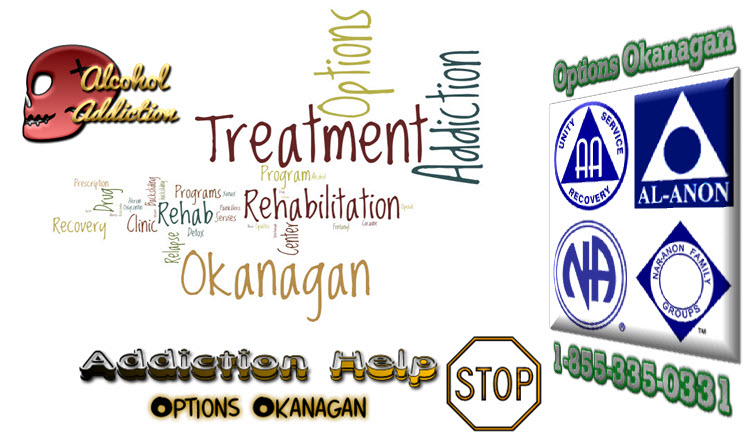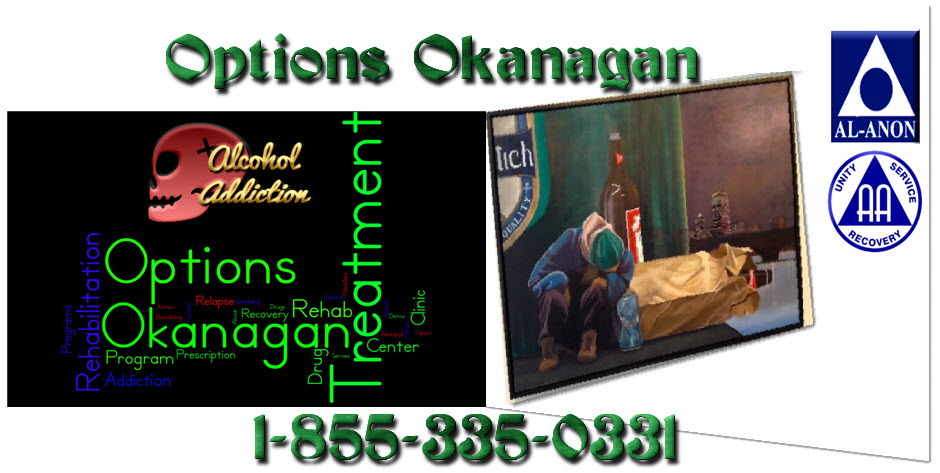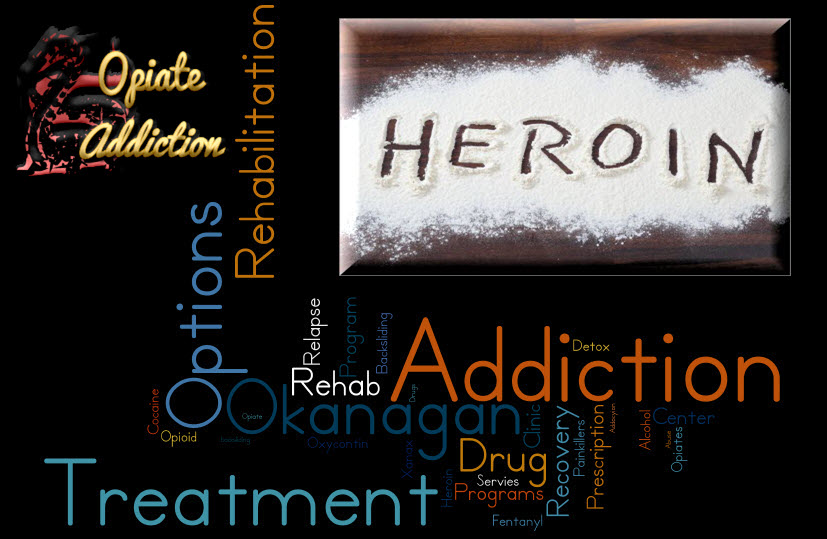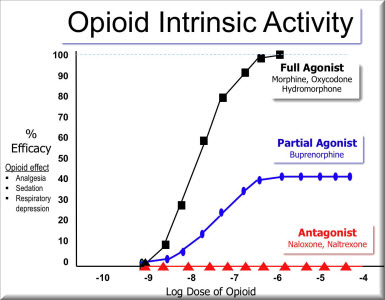The complexity of drug addiction and recovery in Vancouver, British Columbia – Options Okanagan Treatment Center in Kelowna, British Columbia treating Opiate addiction and recovery.
Recovery from an addiction can’t take place until a person reaches the point whereby they recognize that they need help. They must be motivated and desire to seek help in order to recover. Medical detox will help to remove the harmful drugs from the persons body. Addiction has both a psychological effect on a person as well as a physical effect. The addict must then learn how to deal with life drug free. This can be a huge challenge for many addicts. They’ve depended upon drugs to deal with many challenges in their lives and they are stressed at even considering dealing with their lives drug free. They will have to be honest with themselves and with their counselors in order to lead a drug free life. It is a huge challenge that will take on many aspects in recovery and after they leave a treatment facility. They will have to learn to deal with life differently and stay sober if they wish to remain healthy and safe.

Freedom In Addiction Recovery
There is a huge connection between psychological as well as emotional and the physical portions of a persons personality. Addiction recovery will walk the person through these variances and help the person to deal with each separate issue while in recovery. They must break their old habits of using drugs to deal with life for a solution. They must learn new coping methods. It takes time to change the thought patterns. Drugs change how the brain reacts and works. It dulls the persons emotions and numbs their feelings. When an addict begins to recover they may be shocked at the thoughts they suddenly have. they may be shocked at their feelings. Recovery can be a roller coaster for addicts. They must learn how to deal with their life sober. They may be embarrassed by some of the things they’ve done. They may feel relief and anxiety all at once. To be successful they will need to learn the tools with which they have to work with. Only then will they have complete freedom.

Relapse Prevention
This is just as important in early recovery as it is when the patient leaves a treatment facility. The patient must learn behavioral techniques for coping with their temptations. They must learn when they are in a high risk situation and what they should do about it. They must want to prevent their relapse and focus on a plan of attack of what to do if they are in a bad situation. They must learn their emotional triggers and find a positive way to deal with them.

Remaining sober isn’t easy. They must first interact with others who are sober and desire to remain so themselves even if someone is tempting them. They must focus on the complexity of the addiction and seek appropriate support. They may relapse occasionally and they may have to take a step back and start over in their sobriety. Using behavioral modifications and other methods they can be successful and lead a sober life.
Options Okanagan Drug and Alcohol Treatment Centers in Kelowna, Salmon Arm and Vancouver, British Columbia – Men and Women are recovering and healing from Alcohol and Drug Abuse at our treatment center here in the Okanagan right now.

Our unique and distinctive Drug and Alcohol treatment program allows men and women to come in from Calgary as well as Edmonton as we offer airport pickup.
Numerous clients come to us from Calgary and Edmonton and other locations in Alberta and even other provinces for Opiate addiction treatment, meth drug treatment, many other drug and alcohol addictions for rehabilitation because of the uniqueness of our treatment center.
Our Treatment Location:
Options Okanagan Drug Treatment Center
551 Sherrydale Crescent, Kelowna, British Columbia, V1V 2E6
Toll Free Phone Number : 1-855-335-0331

 ;
; ;
;